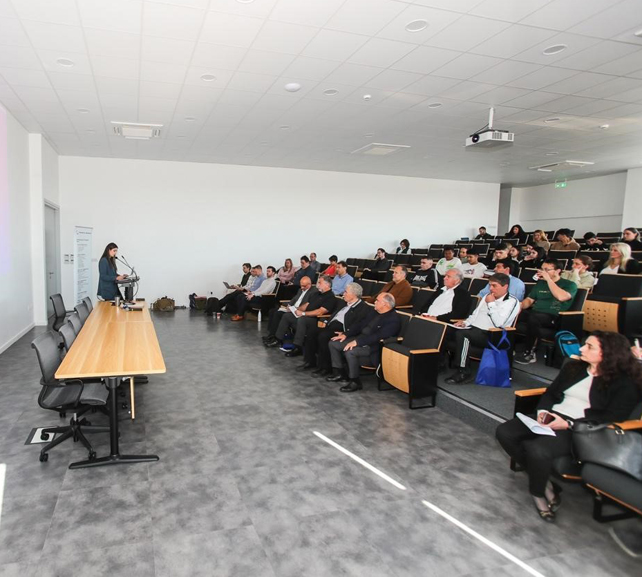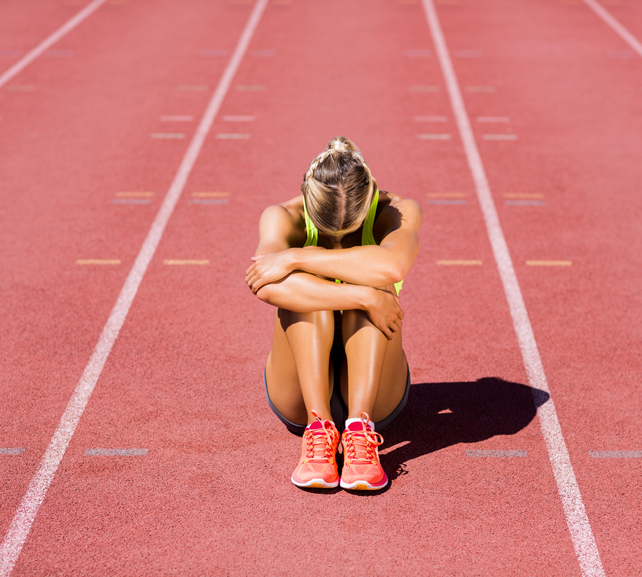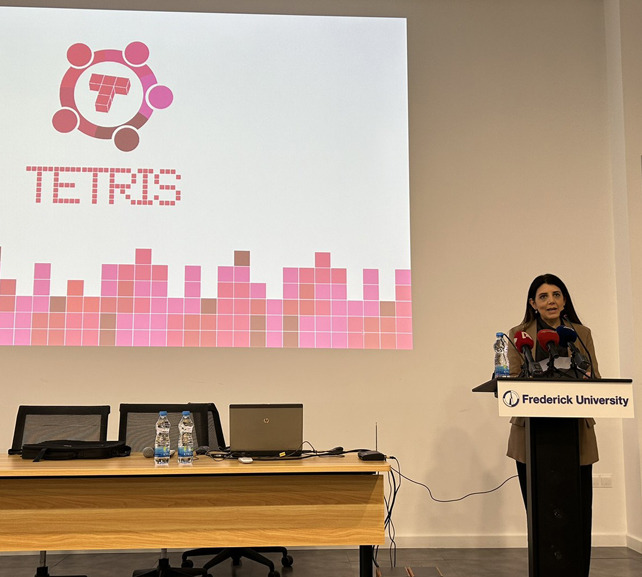Kinesiology and
Integrative Physiology
Research Unit
Profile
Collaborate with us
We work with businesses and organisations of all sizes and sectors. Click here to find out how our research can help you through consultancy, licensing and technology transfer, collaborative research and more.
Overview
The Kinesiology and Integrative Physiology Research Unit (KIP) is dedicated to advancing understanding and knowledge in the fields of sport and exercise science. KIP focuses on investigating the complex interactions between the human body's physiological systems during physical activity, exercise, and movement.
KIP employs a collaborative and multidisciplinary approach, integrating expertise from fields such as exercise science, physiology, biomechanics, neuroscience, nutrition, and public health to promote health, physical activity, and performance optimization in diverse populations, including athletes, clinical populations, and the public.
We utilize state-of-the-art laboratory facilities, innovative methodologies, and cutting-edge technologies to address research questions with both basic science and applied research. Through our research activities, we aim to contribute to scientific knowledge and inform evidence-based practice through fostering excellence in research, education, and society contribution.
The main research interests and activities of the members of the lab are related to:
- Exercise Physiology: Investigating the acute and chronic physiological responses to exercise, including cardiorespiratory function, metabolism, muscle physiology, and neural adaptations.
- Biomechanics and Motor Control: Exploring the mechanical principles underlying human movement, motor learning, coordination, and control mechanisms involved in executing movement tasks.
- Integrative Physiology: Examining the integrated functioning of multiple physiological systems (e.g., cardiovascular, respiratory, muscular, nervous) during various physiological challenges, such as exercise, aging, and environmental stressors.
- Physical Activity and Health: Studying the impact of physical activity and exercise interventions on health outcomes, disease prevention, rehabilitation, and overall well-being across the lifespan.
- Sport Performance Optimization: Investigating strategies to enhance athletic performance, optimize training programs, and improve recovery techniques through physiological and biomechanical analyses.
| Position | Name | Department | Research Domain |
|---|---|---|---|
| Head of Unit | Dr Elena Papacosta | Life and Health Sciences | Exercise physiology, Sport performance, Health-enhancing physical activity, Exercise in clinical populations |
| Head of Unit | Dr Anthi Xenophontos | Life and Health Sciences | Neuromechanics, Kinesiology, Training & detraining, Development and aging, Neuromuscular and musculoskeletal diseases |
| Unit Member | Dr Garyfallos Anagnostou | Life and Health Sciences | Pedagogy of Physical Education, Teaching methods in Physical Education, Sport participation and motivation, motivational factors affecting exercise |
| Unit Member | Dr Panos Constantinides | Life and Health Sciences | Pedagogy of Physical Education, Teaching methods in Physical Education, Effective teaching and attitude of children towards Physical Education, Health, fitness and obesity |
| PhD candidate | Dr Panayiotis Paoullis | Life and Health Sciences | Computational Statistics, Numerical Methods, Data Analysis and Developing Measurement Instruments |
| Start Year | Project Title | Lead Partner/ Assignee | Funding from | Project Website |
|---|---|---|---|---|
| 2022 | National program to assess the physical fitness of the secondary education student population | Frederick University | Ministry of Education, Youth and Sport | https://cyfit.schools.ac.cy |
| 2022 | HEInnovaSport: Building innovation capacity and entrepreneurship in sport science HEIs | Norwegian School of Sport Sciences | EIT HEI Initiative | https://eit-hei.eu/projects/heinnovasport/ |
| 2021 | TEachers’ TRraining to combat Gender-based violence In Sports (TETRIS) | Link University Campus | Erasmus + (KA2) | https://sports-tetris.eu |
| 2021 | A whole school approach promoting health-enhancing physical activity (HEPA) | Frederick University | Erasmus + (Sport) | https://hepa.frederick.ac.cy |
| 2021 | An integrated approach for the prevention, detection and combat of sexual harassment in sports (iSports) | University of Thessaly | Erasmus + (Sport) | https://project-isports.eu |
| 2021 | Customer satisfaction for Sport For All program of Cyprus Sports Organisation | Frederick University | Cyprus Sports Organisation | N/A |





